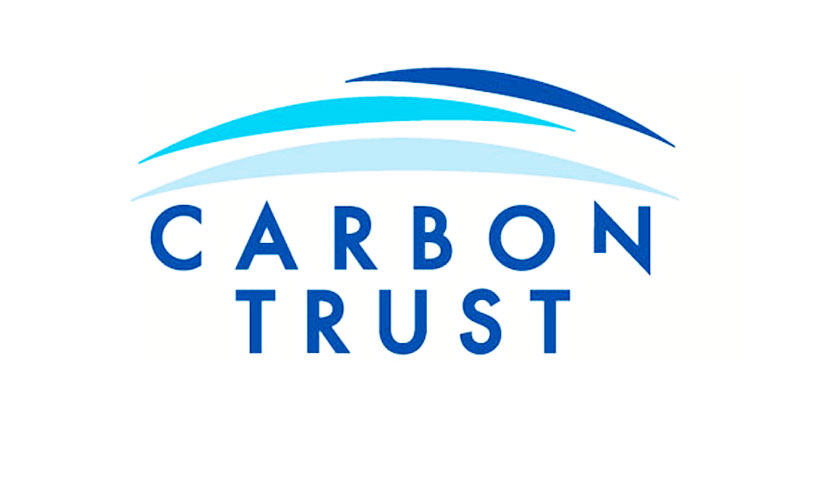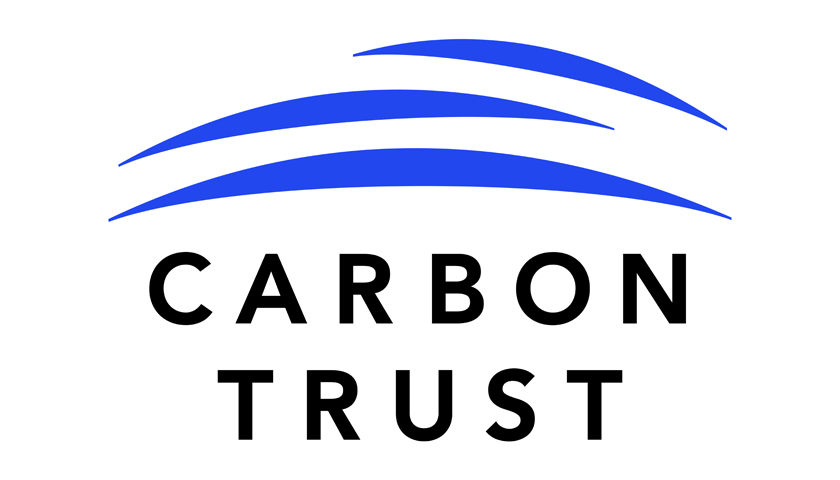The 2020 YouGov survey, commissioned by the Carbon Trust, confirms a continued high level of consumer support for carbon labelling. Conducted for the second year in the majority of markets, and its third in the UK, the survey results showed the same level of support (67 per cent), across all geographies compared to the 2019 data.
The brand benefit of sharing information with consumers on the carbon footprint of products was also consistent with previous results. Two-thirds (64 per cent) of consumers in all countries surveyed said they are more likely to think positively about a brand that could demonstrate it had lowered the carbon footprint of its products.
France, Italy and Spain are the countries with the highest levels of support for the use of recognisable labels on products where their carbon footprint has been measured and companies are making reduction efforts, with 80, 82 and 79 per cent of consumers respectively saying it’s a good idea. In Spain, 56 per cent of consumers ‘strongly agreed’ that carbon labelling for products is a good idea.
Sweden has seen the highest increase in support for labelling compared to previous years, though interest in labelling remains relatively modest when compared to France, Italy and Spain.
Hugh Jones, Managing Director, Advisory, the Carbon Trust, commented:
“This research aligns with the growth in corporate demand for product carbon footprinting and labelling that we have witnessed over the past year. We know that companies have much to gain by quantifying the carbon footprints of their products and services, a process that gives insight into where they can create efficiencies.
“The sustained and high levels of consumer support for carbon labelling suggests that passing this information on to increasingly well-informed and climate-conscious consumers can also enhance a company’s reputation and market share.”
The Carbon Trust launched one of the world’s first carbon footprint certification schemes and product carbon footprint label in 2007. That year it also began work with the British Standards Institute and the UK government’s Department for Environment, Food and Rural Affairs to develop the Publicly Available Specification for product carbon footprinting (BSI PAS 2050), launched in 2008.
It is currently working with major brands on product footprint labelling projects that will see the Carbon Trust product carbon footprint label appear on many thousands of SKUs globally.
Product carbon footprint labelling: Consumer research 2020 (full report)

